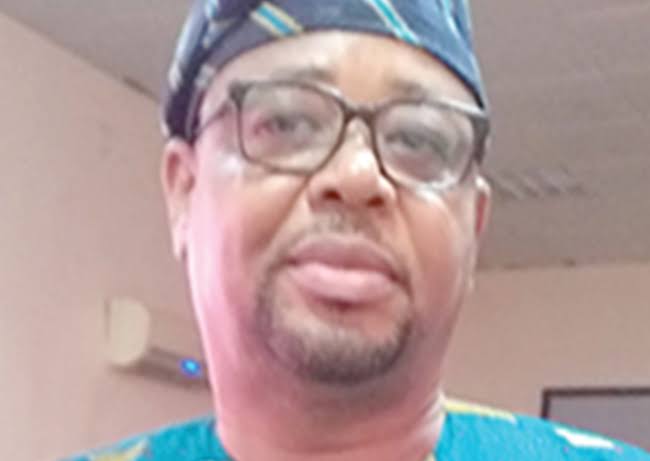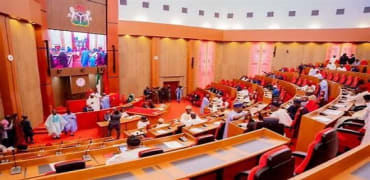Silent Killers: FG and States Unite to Fight Neglected Tropical Diseases”
“Silent Killers: FG and States Unite to Fight Neglected Tropical Diseases”
By Achimi Muktar
In a landmark move to tackle the silent epidemic of Neglected Tropical Diseases (NTDs) plaguing Nigeria, the federal government and state health commissioners have pledged to collaborate on closing critical funding gaps. The agreement, reached at a high-level advocacy meeting in Abuja, underscores the urgency of combating these debilitating diseases that disproportionately affect impoverished communities.
A Silent Epidemic with Deadly Consequences
NTDs, as defined by the World Health Organization (WHO), are a diverse group of conditions caused by pathogens such as viruses, bacteria, and parasites. These diseases thrive in tropical climates, leaving millions to grapple with devastating health, social, and economic impacts.
In Nigeria, NTDs remain a significant challenge. With the country accounting for 50% of Africa’s NTD burden and 25% globally, the need for urgent intervention has never been more critical.
Funding Gap Sparks National Call to Action
Speaking at the event, Fatai Oyediran, National Coordinator for NTDs at the Federal Ministry of Health and Social Welfare, highlighted the $19 million funding gap needed to effectively address the issue.
“We’ve developed our NTDs Master Plan for 2023–2027,” Oyediran revealed. “With adequate investment and strategic implementation, these diseases can be controlled and eradicated. However, poor funding remains our primary challenge. Most states lack dedicated budgetary provisions for addressing NTDs.”
Oyediran emphasized the importance of engaging state health commissioners to advocate for dedicated budget lines for NTDs in state budgets, a critical step in eradicating the diseases.
States Step Up: Successes and Challenges
The meeting also showcased state-level progress and challenges in addressing NTDs:
Kwara State Commissioner for Health, Amina El-Imam, announced the state’s success in eradicating lymphatic filariasis and onchocerciasis through consistent efforts. However, she stressed the need for renewed focus and funding to achieve total elimination of NTDs.
Abia State Commissioner for Health, Prof. Enoch Uche, shared that while the state achieved certification for breaking the transmission of lymphatic filariasis and onchocerciasis in 2022, other NTDs like soil-transmitted helminthiasis and schistosomiasis remain prevalent.
Both commissioners reiterated the need for continued support to sustain and expand these victories.
Global Perspective and Economic Toll
Stuart Halford, Director of Advocacy and Resource Mobilisation at United to Combat NTDs, called on Nigerian authorities to prioritize the fight against NTDs. He highlighted the diseases’ far-reaching economic toll, reducing productivity and undermining national development.
“Nigeria’s battle against NTDs is not just a health issue but an economic one,” Halford stated.
Commitment to Eradication
The meeting concluded with a renewed commitment by all parties to eliminate NTDs in Nigeria. Federal and state governments pledged to mobilize resources, adopt strategic planning, and implement sustainable solutions to ensure NTDs become a relic of the past.
As Nigeria stands at the forefront of Africa’s battle against these “silent killers,” the question remains: Will this renewed collaboration finally bridge the gap to eradicate NTDs? Only time—and action—will tell.





















